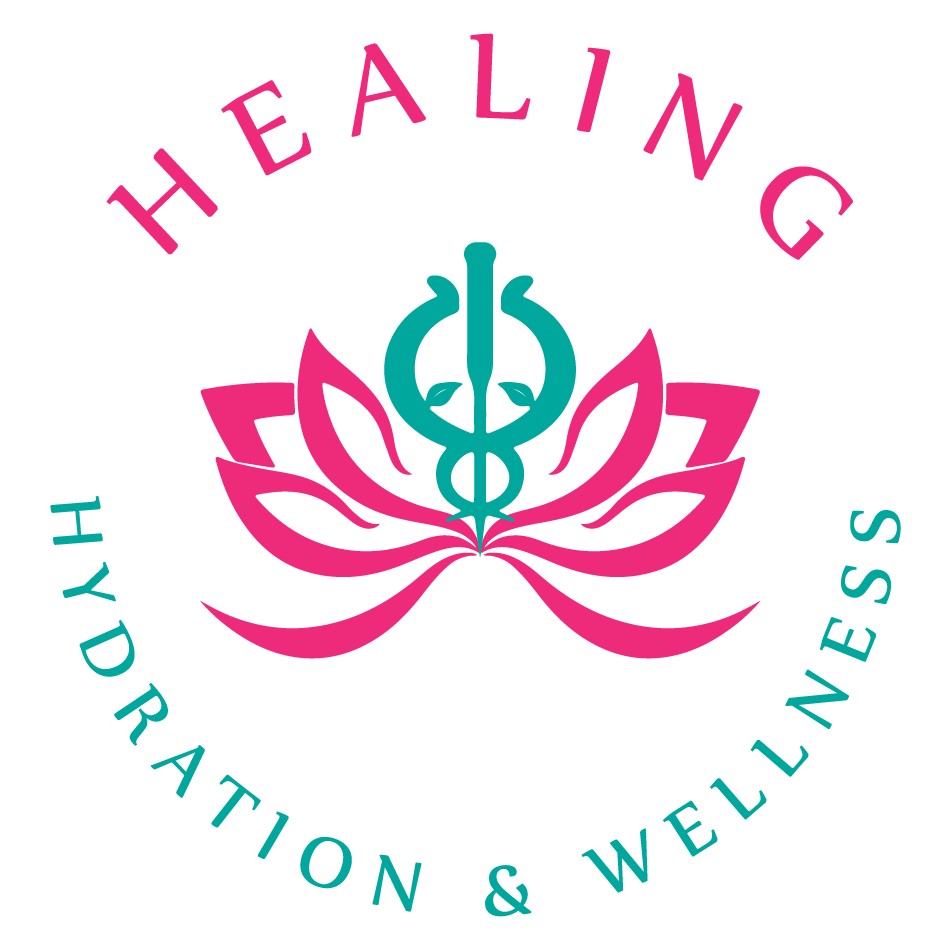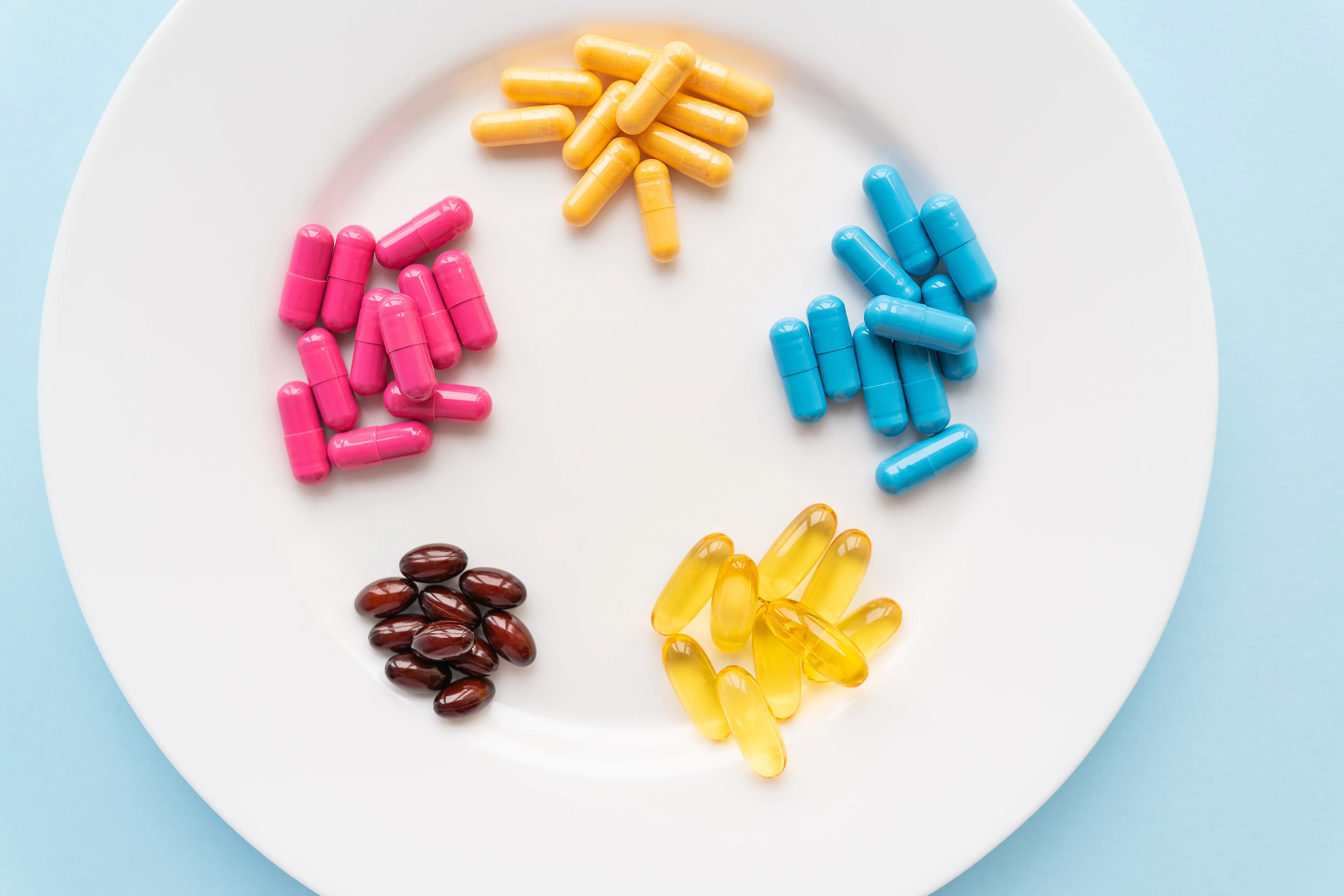Lemonade is a popular and refreshing beverage enjoyed worldwide, particularly in warm climates. Made primarily from lemon juice, water, and sugar, many people assume that lemonade is a rich source of vitamin C. While lemons naturally contain high amounts of vitamin C, the processing and preparation of lemonade can affect the final vitamin C content. Understanding whether lemonade provides sufficient usage for daily intake requires examining its preparation, ingredients, and nutritional value.

The Vitamin C Content of Lemons
Lemons are well known for their high vitamin C content, with one medium-sized lemon providing approximately 30-40 mg of vitamin C. This essential nutrient supports immune function, aids in collagen production, and acts as a powerful antioxidant, helping to protect the body from oxidative stress. Freshly squeezed lemon juice retains most of its vitamin C content, making it a valuable addition to a healthy diet.
However, vitamin C is sensitive to heat, light, and air exposure. When lemon juice is processed or stored for extended periods, its vitamin C content may degrade. This means that while fresh lemons are an excellent source of vitamin C, processed lemon juice and commercial lemonade products may not offer the same nutritional benefits.

Does Homemade Lemonade Provide Vitamin C?
Homemade lemonade retains more vitamin C than commercially produced versions because it typically uses fresh lemon juice. If prepared with freshly squeezed lemons and consumed shortly after preparation, homemade lemonade can provide a moderate amount of vitamin C. The amount of vitamin C depends on the number of lemons used and the dilution of the juice with water and other ingredients.
Adding additional vitamin C-rich ingredients, such as fresh fruit or honey, can enhance the nutritional value of homemade lemonade. Consuming it as part of a balanced diet can contribute to overall vitamin C intake, though it should not be relied upon as the primary source.
For more information on hydration and wellness, visit Healing Hydration & Wellness.
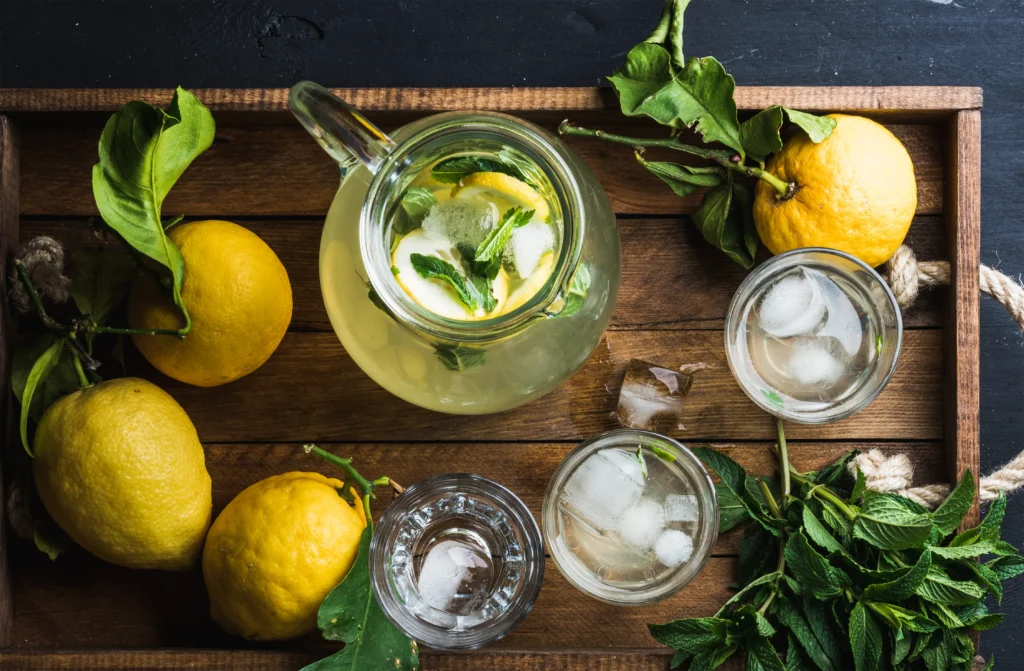
Store-Bought Lemonade and Vitamin C Levels
Commercially produced lemonade often contains preservatives, added sugars, and artificial flavors. While some brands fortify their lemonade with additional vitamin C, others may lose much of the natural vitamin C during processing and pasteurization.
Pasteurization, a heat treatment process used to kill bacteria and extend shelf life, significantly reduces vitamin C levels in packaged drink. As vitamin C is heat-sensitive, exposure to high temperatures can degrade its potency. This means that most store-bought drink provides little to no natural vitamin C, unless explicitly fortified.
Checking nutritional labels can help determine whether a commercial made drink offers a meaningful amount of vitamin C. Beverages labeled as “fortified with vitamin C” may still provide benefits, though natural sources such as fresh fruits and vegetables remain the best way to meet daily intake requirements.
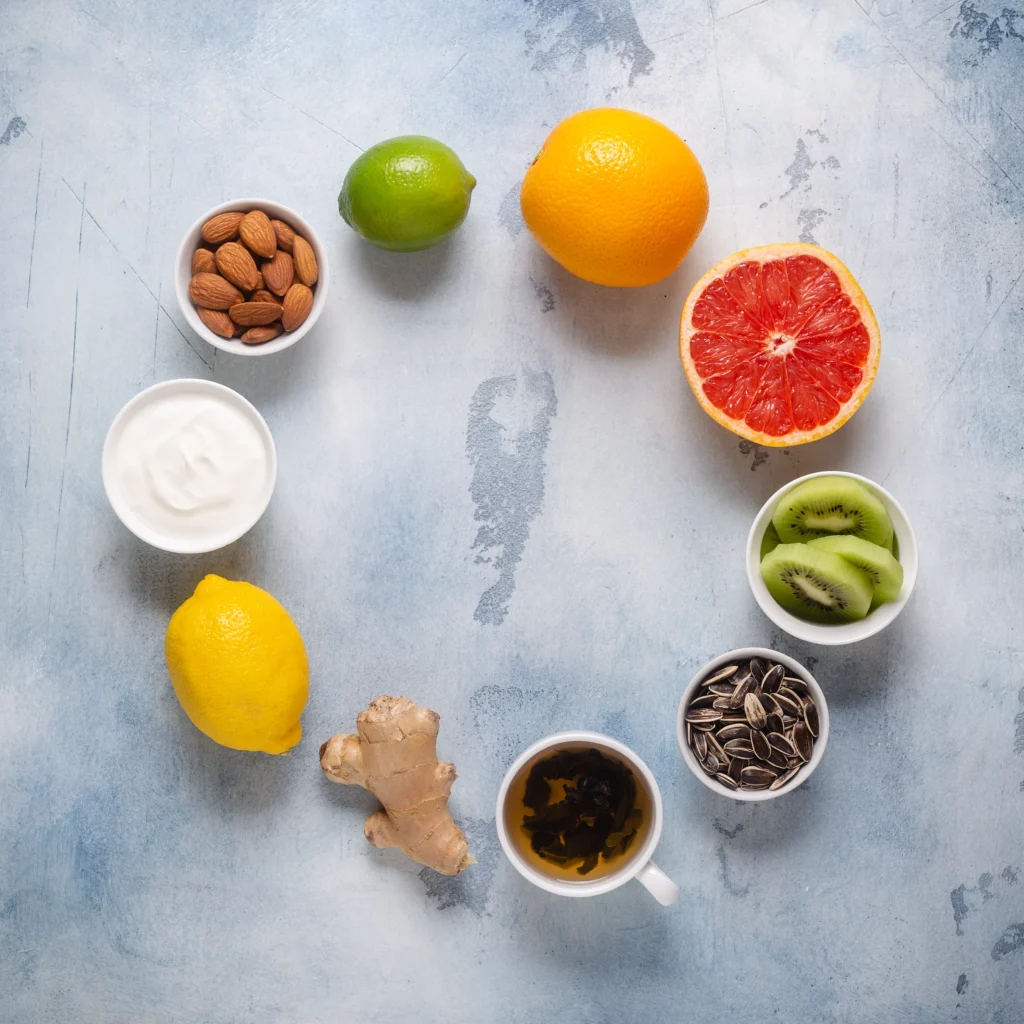
Comparing Lemonade to Other Vitamin C Sources
While lemonade may contain some of the source you are looking for, it does not compare to whole food sources that naturally provide high amounts of the nutrient. Fruits such as oranges, kiwis, and strawberries contain significantly more vitamin C per serving than the drink. Vegetables such as bell peppers, broccoli, and leafy greens also provide ample amounts of vitamin C while offering additional fiber and antioxidants.
Hydration plays a vital role in supporting immune function, and consuming fluids like lemonade can help maintain hydration levels. However, choosing fresh, nutrient-rich foods remains the best way to ensure adequate vitamin C intake. For those looking for optimal hydration and vitamin support, IV hydration therapy can be a highly effective option.
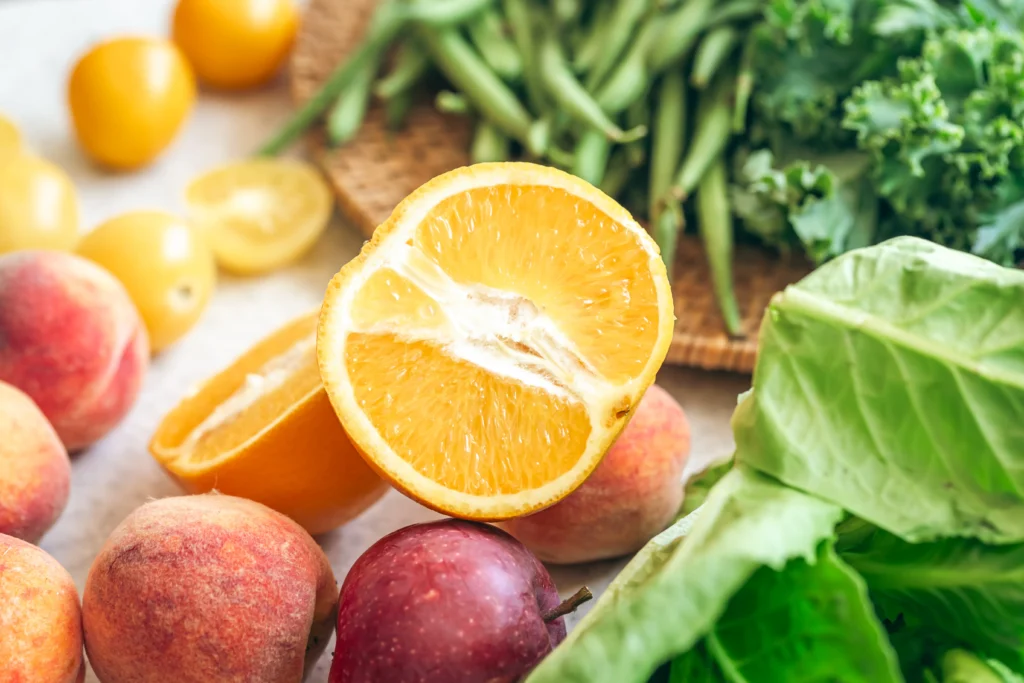
Conclusion
Lemonade can provide some vitamin C, particularly when made with fresh lemons and consumed immediately. However, commercial products often lose much of their vitamin C content due to processing and pasteurization. While lemonade may contribute to hydration and offer a refreshing way to enjoy citrus flavors, it should not be relied upon as a primary sources.
For those looking to enhance their vitamin intake and overall wellness, Healing Hydration & Wellness offers expert guidance, hydration therapies, and nutritional support to help maintain optimal health.
